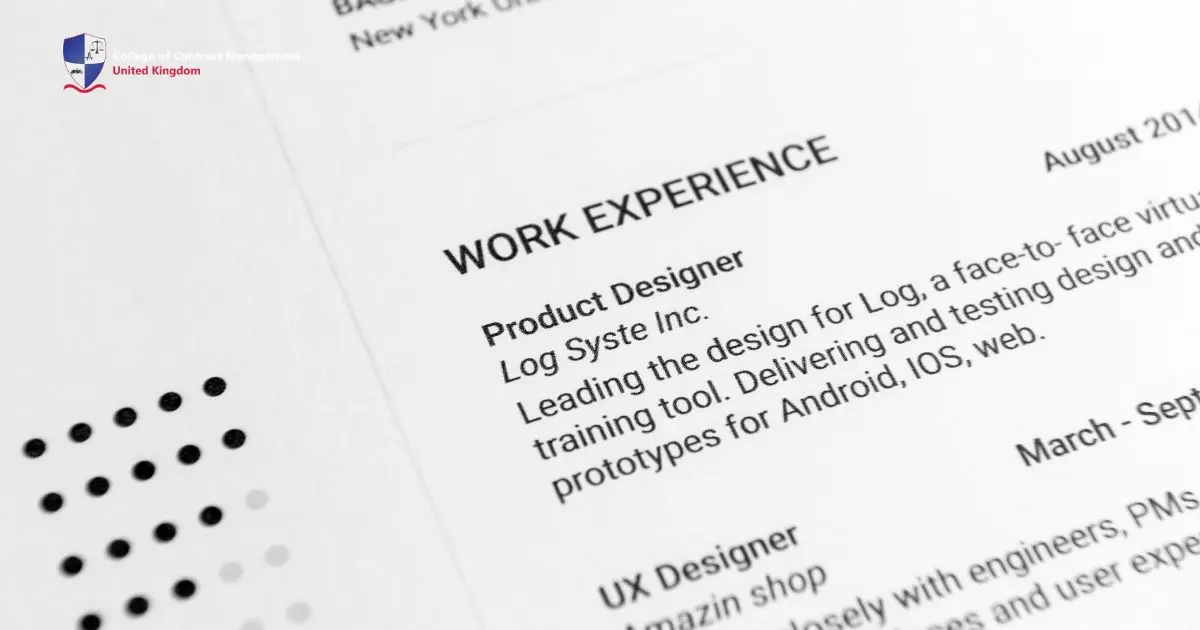The job market has become more competitive than ever. Everyone has something unique to offer, skills, or talents that set them apart. But how do you make sure employers see what makes you special? The answer is simple: know your key skills. When you understand your strengths and how they align with the role you’re applying for, you can highlight them. This helps you stand out and show employers exactly why you’re the right fit for the job.
In this article, Learn about key skills and their significance in the job market. Identify your strengths to enhance your employability and pursue rewarding career opportunities. Lastly, discover how we can help you enhance your abilities.
What are key skills?
Key skills are abilities that are compatible with what an employer is looking for. This means that even though you have multiple skills, only the ones relevant to the role are considered key skills. These skills are composed of both soft and technical skills. These skills can be your key selling point in making yourself seen.
Recognising your strengths greatly contributes to your personal and professional growth. Understanding your strengths builds the confidence to explore opportunities and pursue career advancement. Additionally, you develop a clear sense of your worth, enabling you to consider compensation that fairly reflects your skills and abilities.
Key Skills Examples
Every person has different skills, but some skills are more useful when it comes to certain roles. For example, if you are a good communicator but the role is data entry, it will not be considered a key skill. In short, the right skill for the right role. Below are examples of soft skills and technical skills that employers often look for:
Soft Skills
Soft skills show your traits and behaviours that help you work well with others and handle different situations. Most of these skills involve dealing with people, which is why they connect closely to emotional intelligence. Employers highly value these skills because they help create a positive work environment, improve teamwork, and strengthen relationships with clients and colleagues across various industries and roles.
- Communication Skills - Being able to explain your thoughts clearly, listen to others, and express yourself in writing or speaking is very important. Communication keeps things running smoothly at work and helps avoid misunderstandings.
- Problem-Solving - Life and work are full of challenges. People who can stay calm, think carefully, and find solutions are very valuable in any team or company.
- Adaptability - Changes happen all the time. Maybe your boss gives you a new task or the company changes the way things are done. Being adaptable means you can adjust quickly and keep working well no matter what happens.
- Time Management - Handling your time wisely means you finish your tasks before deadlines without rushing. Employers want people who know how to balance their workload and still produce good results.
- Teamwork and Collaboration - No matter where you work, you will meet and work with different people. Being friendly, respectful, and cooperative shows that you’re a good team player. It also means you’re willing to help others succeed.
- Leadership - Leadership isn’t just about being the boss. It’s about setting a good example, making decisions, and encouraging others to do their best. Employers like people who can take charge when needed.
Technical Skills
Technical skills are abilities you develop through training or experience, often involving specific tools, software, or tasks. These skills not only help you perform your job effectively but also allow you to be recognised as a professional in your field.
- Digital Literacy - Today, almost every job needs basic computer skills. You should know how to use common programs like Microsoft Word, Excel, or Google Workspace. Some jobs might also need you to use special tools like video editing software or graphic design apps.
- Data Analysis - Data is information that helps businesses make smart decisions. If you know how to collect, read, and understand data using tools like spreadsheets or Google Analytics, you’ll have a big advantage.
- Technical Writing - Some jobs require you to write reports, instructions, or manuals that explain how things work. Good technical writing is clear, simple, and easy for anyone to understand.
- Project Management - This means you know how to plan a project, organise the tasks, and lead the team until it’s finished. Having this skill shows you can handle responsibility and get things done.
- Creative Skills - If you’re good at drawing, designing, editing videos, or writing stories, you have creative skills. Many companies love hiring creative people for marketing, advertising, or social media jobs.
Highlighting Key Skills in Your CV or Resume
One way to make a good resume is to highlight your key skills. As your CV or resume is your first chance to show an employer what you’re good at, it should show your best qualities. If you highlight your key skills properly, it will help you stand out from other applicants. But how do you do it? Below are the points you can follow to highlight your strengths in your CV:
1. Include a Skills Section
Adding a dedicated skills section to your CV is highly effective because it allows employers to see the exact abilities you bring to the role quickly. Hiring managers often review dozens, sometimes hundreds of applications, and they don’t have time to read every detail. A clearly labelled Skills Section gives them an at-a-glance summary of your most relevant qualifications.
2. Show Your Skills in Your Work Experience
Simply listing your previous job titles and responsibilities is not enough. Employers want to see how well you performed and what impact you made using your skills. By sharing specific examples of your achievements, you turn your resume into a result-oriented document rather than just a list of tasks.
For example, instead of writing “2 years as a copywriter”, you can write “Wrote multiple articles that ranked on Google’s first page”. This way, you’re not only showing that you have writing skills but also proving your ability to create content that delivers real results. It highlights your knowledge of SEO and your capability to write articles that attract readers and increase website traffic.
3. Number of Key Skills
Limiting your skills section to 5 to 10 key skills ensures that your strongest, most relevant abilities stand out. This keeps your CV focused and avoids overwhelming the reader with too much information. Including too many skills—especially unrelated ones—can distract the employer and dilute your most valuable strengths. Remember, recruiters skim resumes. If your core skills get lost in a long, unrelated list, they might overlook what makes you a strong fit for the role.
4. Match Your Key Skills to the Role
Tailoring your skills to match the specific job posting is one of the most effective strategies in job applications. Employers want candidates who fit their needs perfectly, someone who already has the abilities to handle the tasks and challenges they face daily.
By carefully reading the job description and aligning your skills with what the company values, you show that you understand the role and are capable of performing well in it. This step also proves that you’re not just sending generic resumes but making an effort to fit into their team.
Enhance Your Key Skills with the CCM
Even if you already have some key skills, there is always room for improvement. One effective way to enhance your skills is by enrolling in a course at the College of Contract Management. Through our programmes, you will gain new knowledge, practice your skills, and stay updated with what employers currently seek in the industry.
At CCM, you can develop essential soft skills such as effective communication, leadership, and teamwork. You will also have the opportunity to learn new technical skills in fields like construction, engineering, business, health and social care, and IT. Joining our courses will support your personal and professional growth.
Moreover, employers value individuals who invest in their development because it shows readiness to face new challenges. With our courses accredited by respected professional bodies like the Chartered Institute of Building (CIOB), the Chartered Institution of Civil Engineering Surveyors (CICES), the Chartered Institute of Arbitrators (CIArb), and Quantity Surveyors International (QSi), you can be confident that our programmes are highly recognised and trusted by industries worldwide. Take the next step. Enrol today and start building skills that employers truly value.





